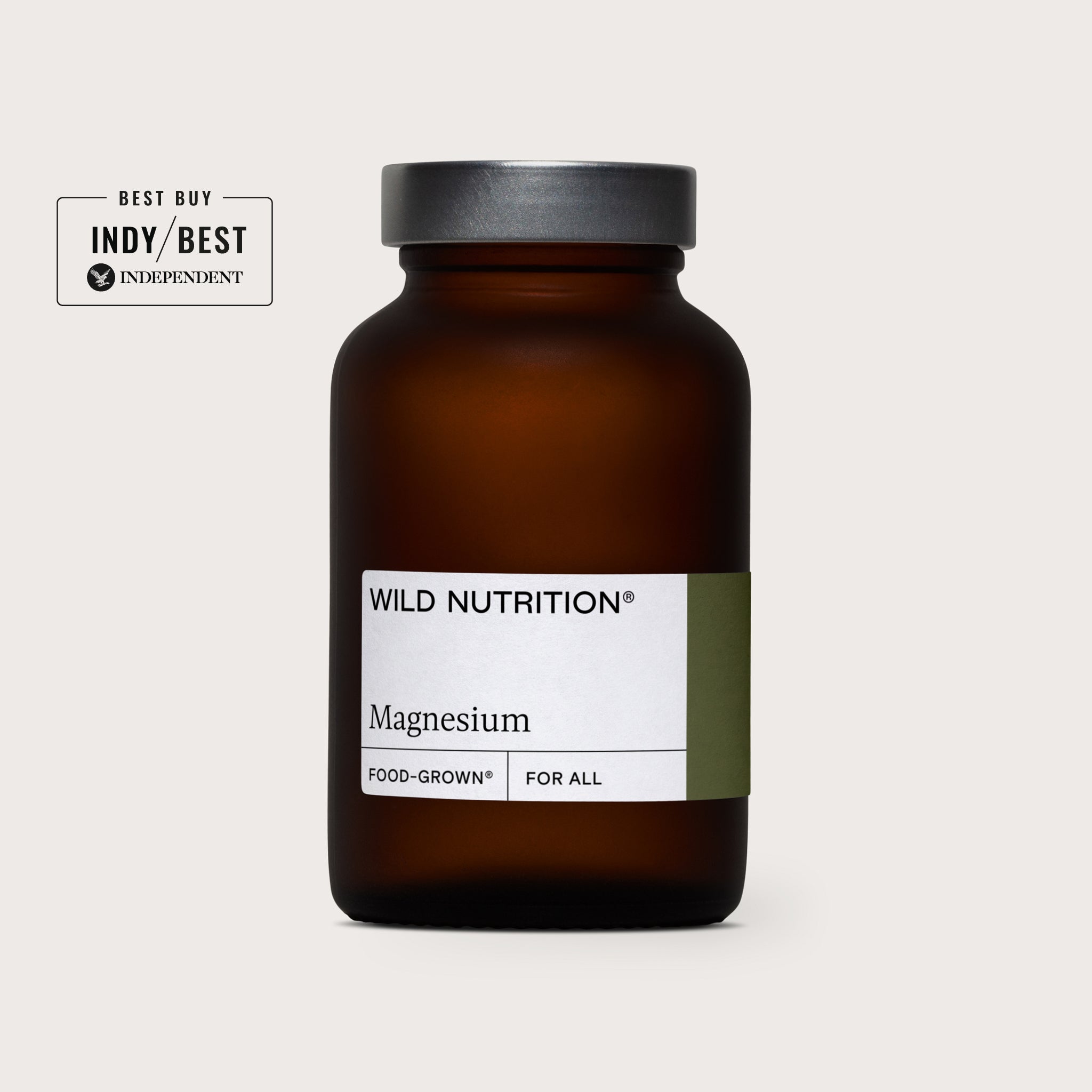
The benefits of breastfeeding
Breastfeeding is encouraged by midwives and health visitors to sustain your baby's development and support your baby’s future health. Some of these benefits include reducing your baby’s risk of developing conditions such as eczema if you breastfeed exclusively for the first three months. It may also reduce the risk of your baby experiencing obesity or diabetes in later life.
Breastfeeding also has benefits for you. It has been shown to reduce the risk of breast cancer, ovarian cancer, osteoporosis and postnatal depression as well supporting the contraction of the uterus and healthy weight loss after pregnancy.
The composition of breast milk changes considerably in the first week after birth. Initially, you will produce colostrum, a protein-rich substance that is packed with antimicrobial properties and immune-enhancing factors. After the first few days, your milk will ‘come in’. This can be an emotionally difficult time, so I advise you take good care of yourself and rest and eat well to support this period. This more mature milk will be a mixture of foremilk and hindmilk to support the hydration and growth of your baby. Nature is so clever and the consistency of your milk will change according to the climate, producing more foremilk (the more watery part) when the weather is hot to keep your baby well hydrated. This mature milk will also have higher amounts of growth factors, antibodies, white blood cells and other protective factors against infection.
Breast milk is also a melting pot of nutrients and healthy fats, including B vitamins, vitamins A and E, and the minerals calcium, iron, zinc and iodine. This ‘nutrition soup’ can give your baby all that is needed for healthy growth in the first six months of their life, as long as you too are feeding yourself well. After this period your baby will need food sources of zinc and iron that your breast milk may no longer be able to supply adequately.
In recent years, researchers have also discovered that breast milk contains cannabinoids. These compounds are thought to help protect your baby against viruses and harmful bacteria, protect the brain and the nervous system and have natural pain-relieving actions. They also stimulate hunger and healthy growth. In this natural state, cannabinoids are both protective and ‘soothing’ physically and mentally. The hormones oxytocin and prolactin produced by your body as you are feeding have been shown to moderate ‘stress’ mechanisms in your baby. This, in combination with the natural cannabinoids, may explain why babies often feel calmer when feeding.
Breastfeeding doesn’t come easily to all women. Sometimes a new mother may just need practical and emotional help with the technique. It is, however, a myth that all women are capable of breastfeeding – even in traditional cultures some women have not been able to breastfeed and relied on wet nurses. Some women are simply too unwell, unable to produce enough milk or may have a premature baby that has trouble latching on.
Many women who have their hearts set on breastfeeding become distraught at being unable to nurse their baby, as it is commonly believed to help with the bonding process. Whatever method of feeding you use, there is nothing to stop you bonding with your child and skin-to-skin contact is often recommended for mothers of premature babies who are unable to feed at the breast. What is most important is the love and care you give to your baby while you are feeding.













